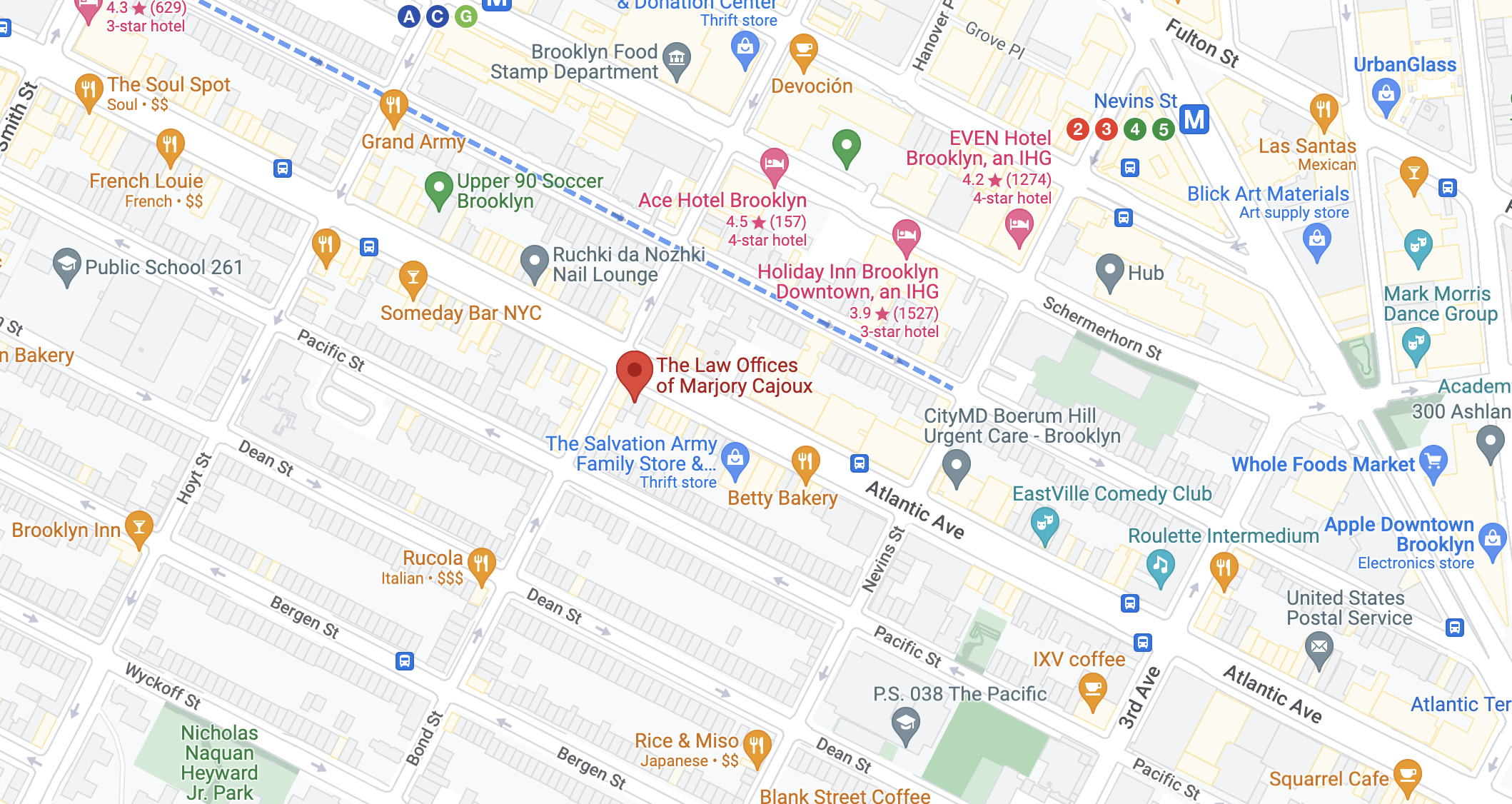Selling your home to a family member differs from the typical home-selling process. When selling to a family member, avoiding working with a real estate agent is not uncommon. Doing so is presumed to save time and money because there’s no need for public listing and marketing. However, the process can be costlier in the long run and can create loopholes for trouble.
Before you fall for the temptation to bypass hiring a real estate agent to handle the process, it would be beneficial to consult a business law firm in Brooklyn for legal counsel to understand your options and the risks such a transaction poses.
Why Is a Family Home Sale Different?
Selling a home happens through one of two popular transactions. The first is an arms-length transaction, and the other is a controlled transaction.
Arms-Length Transactions
This refers to a deal between people unknown to each other. Two strangers come into a purchase agreement free and independent of each other. Each party is interested in negotiating the most favorable price in these transactions.
In most cases, an appraiser must be in the picture to confirm that the price the parties agree on is the most advantageous. The appraiser works on behalf of the lender.
Controlled Transactions
Controlled transactions are deals between people known to each other, for example, a parent selling their house to their son. In such real estate transactions, there’s always an emotional attachment to the process, with both parties acting out of a need to avoid taxes and shield family wealth.
While this may sound good, the IRS might soon catch up with you. It will examine if the sale price reflects the fair market value or if the transaction involved a gift given to the buyer at a much lower sale price. Tax and other implications could arise, so it’s vital to get legal counsel from a residential real estate transactions lawyer in Brooklyn beforehand.
What Are the Risks of Controlled Transactions?
The IRS isn’t a proponent of controlled transactions for various reasons. The transactions attract more scrutiny from the agency because of the higher risk of fraud in the deals. Selling your house to a relative below the market value to avoid tax could land you in trouble with the IRS. Furthermore, you owe gift and capital gain taxes when you sell your house to a family member.
Gift Taxes Defined
Gift tax is the fee you pay when you transfer property but receive nothing or less than the total value in return. As of 2022, you can give up to $16,000 within the year without paying gift tax. Gifts with a higher value attract a tax rate of 18-40%, depending on how much is above the limit.
While the donor has the sole obligation to pay the gift taxes, some people tend to avoid them altogether. Before gifting or selling your house to a family member, it would help to consult a Brooklyn business law firm to learn more about these taxes and how they affect you.
Capital Gains Tax Defined
Capital gains tax is not due when selling your house to a family member at a value below the market price. However, the buyer will face these taxes later because your tax basis (the property’s original value) will become the buyer’s tax basis.
If you would like to help your relative avoid the capital gains tax, the best thing to do would be to let them inherit the home in your will. Inherited property isn’t subject to the same taxes as gifted property. A Brooklyn residential real estate transactions lawyer can provide more legal counsel on this.
What Should I Do When Selling My Home to a Family Member?
Since real estate agents work on a commission basis, the easy way out would be to bypass their services. After all, you and the buyer have agreed on the price, and the house’s condition is acceptable. Not paying a real estate agent’s fee sounds like the most sensible thing to do, but this could be easier in theory than practice.
Even if you have a good relationship with the buyer and agree on most things, hiccups could arise later, landing you in trouble. To protect yourself from unforeseen trouble, consider doing the following:
Hire an Appraiser
Despite agreeing on a selling price, you’ll still need the services of an appraiser if the buyer needs a mortgage for the home. Lenders typically need an appraisal from professionals in the field to ensure the home’s value matches the mortgage’s value.
To be safe, ensure the appraisal is ready before signing any paperwork. You don’t want to realize later that you undervalued your home.
Secure Legal Representation
Real estate transactions are complex, detailed, and involved. There are many regulations and potential pitfalls around it, and you want to ensure you’re on the right side of the law. So, it would be advantageous to have a Brooklyn residential real estate transactions attorney by your side before signing any documents or closing the deal.
An experienced real estate attorney will evaluate the transaction details and push for a smooth process in closing the deal. Having some legal oversight protects you from any legal issues that may arise later.
Hire a Home Inspector
Regardless of how much you and your family member trust each other, it’s crucial to have the home inspected by a professional before closing the deal. A home inspection certifies that the house is in excellent condition and absolves you of any liability later.
Hire a Real Estate Agent for Fairness
Understandably, you don’t want to incur the additional expenses of hiring a real estate agent since you and your family member are already in agreement. However, some compelling legal reasons why you would want to hire one include the following:
- Have a professional in the field manage and oversee the transaction
- Ensure you have a safeguard to prevent familial conflict while maintaining professionalism.
- Have a shield between you and your loved one to everyone’s contentment
- Properly evaluate the transaction details to avoid problems with the IRS
- Hiring a real estate agent for controlled transactions is typically cheaper since you don’t need listing, marketing, or home-staging services.
A Business Law Firm Helping You Sell Your House to A Family Member
With all the necessary guardrails in place, selling your house to a family member should be seamless. While it’s natural to want to seal the deal without the involvement of a real estate agent, doing so may work against you in the long run. It’s also advisable to engage a Brooklyn residential real estate transactions attorney to help you keep up with gift tax regulations.
A business lawyer from our firm can provide legal counsel on the federal and state laws that affect real estate transactions and ensure your rights are protected. Talk to us today for sound legal advice.








